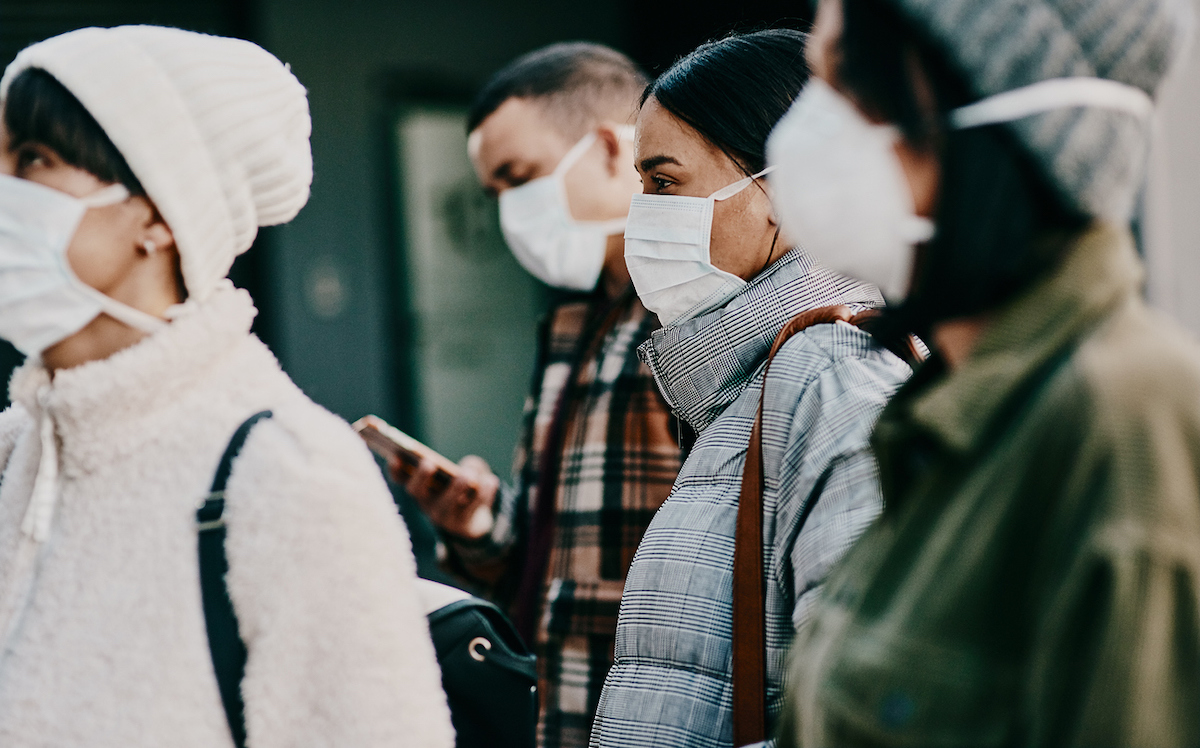Researchers in southern Brazil discovered two COVID cases in which individuals were infected with two different strains of the virus simultaneously, Reuters first reported. The two patients, both in their 30s, were infected with a newly identified variant spreading around Rio de Janeiro called P.2, as well as another variant. According to their study, which is available for preview but has not yet been published in a journal or peer-reviewed, both patients had mild cases that required no hospitalization, with a headache, cough, and sore throat as their most prominent COVID symptoms. Once officially published, this study will be the first to confirm the possibility of co-infection with multiple strains of COVID, researchers said. And for more coronavirus updates, know that If You Have This in Your Blood, You May Be Safe From COVID, Study Says. Fernando Spilki, PhD, the lead researcher for the study and a virologist at Feevale University in Rio Grande do Sul state, told Reuters that these co-infection cases mean multiple COVID variants must be widely circulating in Brazil, seeing as co-infection can only happen when different strains are being transmitted in high quantities, he said. And for more up-to-date COVID news sent right to your inbox, sign up for our daily newsletter. The U.S. has recently identified multiple variants from other countries within our borders. According to the Centers for Disease Control and Prevention (CDC), the U.S. has confirmed COVID cases of the U.K. variant (B.1.1.7), the South African strain (B.1.351), and variant P.1 from Brazil. While the South African and Brazilian strains were just found in the U.S. over the past week and there are very few known cases of each, there are already at least 315 cases of the U.K. variant here. These variants are not in high enough quantities yet to cause co-infection, but the CDC warns that the U.K. variant could become the dominant strain of COVID in the U.S. by March—meaning co-infection could be possible in the future. And for more on where exactly the new strains are spreading, find out How Many Cases of the New COVID Strains Are in Your State. While the two instances of co-infection reported in Brazil were mild cases, Spilki says that the negative implications of co-infections could cause more large-scale damage. “These co-infections can generate combinations and generate new variants even more quickly than has been happening. It would be another evolutionary pathway for the virus,” Spilki explained.ae0fcc31ae342fd3a1346ebb1f342fcb According to the CDC, the new variants that have been emerging recently “seem to spread more easily and quickly than other variants, which may lead to more cases of COVID-19.” Like Spilki, the health agency warned that “an increase in the number of cases will put more strain on health care resources, lead to more hospitalizations, and potentially more deaths.” And for more ways to stay safe, These 3 Things Could Prevent Almost All COVID Cases, Study Finds.


